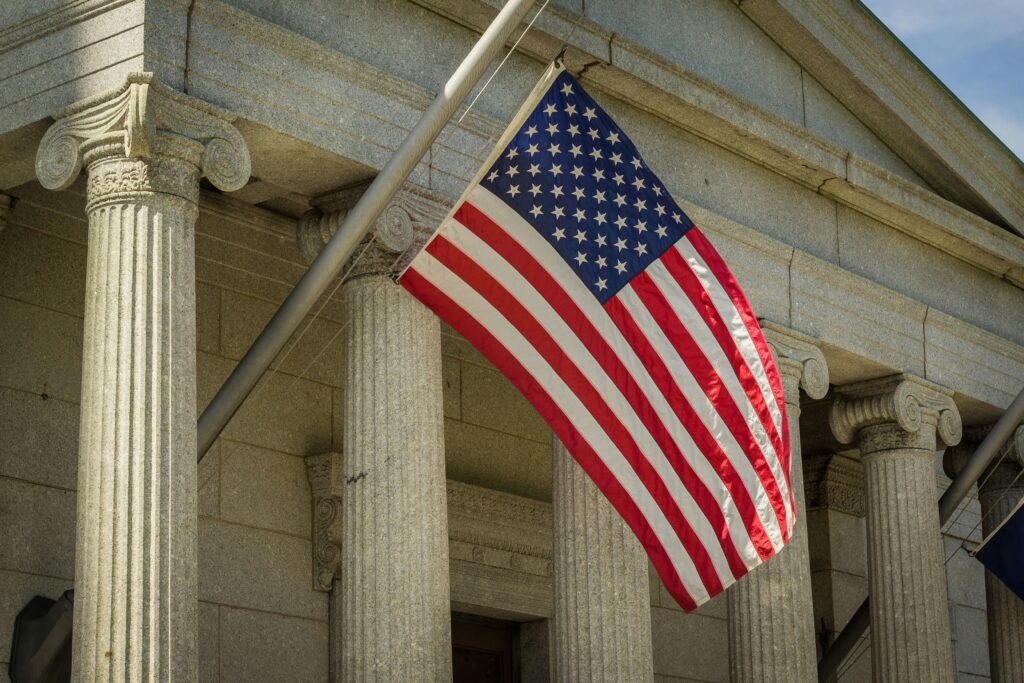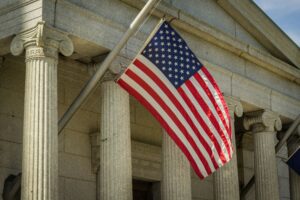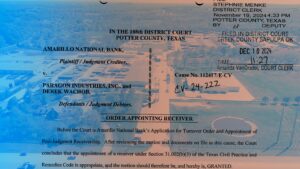By Jody Allen
Recently, a dispute has been brewing between the Trump Administration and the Federal courts. After Federal judges blocked some of Trump’s executive orders by determining them to be unconstitutional or illegal, including Trump’s executive orders ending birthright citizenship and freezing U.S. Aid funds, Trump administration officials have questioned this authority of the courts. On February 9, J.D. Vance compared Federal courts’ actions to a judge telling a general how to conduct a military operation, stating that “judges aren’t allowed to control the executive’s legitimate power.” On February 25, Elon Musk tweeted that “If ANY judge ANYWHERE can block EVERY Presidential order EVERYWHERE, we do NOT have democracy, we have TYRANNY of the JUDICIARY.”
The Trump Administration is not the first presidential administration to take issue with the Federal courts’ powers to block executive orders. In his First Inaugural Address in 1861, Abraham Lincoln argued that if the Supreme Court is allowed the final word on important matters affecting all Americans, “the people will have ceased to be their own rulers, having to that extent practically resigned their Government into the hands of that eminent tribunal.”
Nor is the Trump Administration the first one to see its agenda stymied, at least in part, by the Federal courts. For example, the Biden Administration saw its executive orders granting student debt forgiveness and mandating vaccines for health care workers, among others, blocked by federal courts. Biden himself, in July of 2024, criticized what he dubbed “extreme opinions” handed down by the Supreme Court, which he argued “undermined law and established civil rights principles and protections”.
These disputes raise the question: why are Federal judges permitted to block executive orders (or for that matter, to declare laws passed by Congress to be unconstitutional)? To answer this question, we must examine history. Nowhere in the U.S. Constitution does it explicitly state that the Supreme Court (or any other court, for that matter) should determine what is, or is not, constitutional or legal. In fact, the Constitution’s provisions about the courts (Article III) are surprisingly sparse. Article III of the Consitution more or less just establishes the courts and requires that judges be paid a salary.
The Constitution was ratified in 1789, but not until 1803 (14 years later), in the case of Marbury v. Madison, did the Supreme Court (and by extension, inferior federal courts) assume their roles as the deciders of what is, or is not, legal or constitutional. Justice Marshall stated that “[i]t is emphatically the province and duty of the judicial department to say what the law is.” There have been few serious challenges to the Marbury decision since it was issued.
The Marbury decision has stood the test of time. Although presidents and lawmakers are often frustrated when their laws or executive actions are struck down as illegal or unconstitutional by judges, this essential function of the courts stands between the American people and the unchecked power of the executive and legislative branches. United States presidents possess immense powers. Presidents don’t just control the military, they control almost every federal official and employee. If the courts were powerless to prevent a president from undertaking actions that are illegal or unconstitutional, no one could. To borrow words from Abraham Lincoln, without the courts serving as a check upon presidential power, the American people could someday “resign[] their Government into the hands” of a tyrannical president with limitless power.







